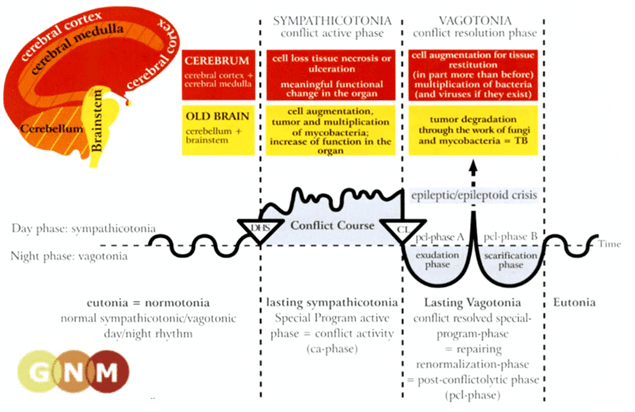German New Medicine Challenges the Germ Theory of Disease and Medical Tyranny that Destroys Lives
Part one of Health Impact News' article on German New Medicine (GNM) included an introduction to this unique natural healing methodology created by late Dr. Ryke Geer Hamer and the persecution he faced from the medical establishment. Although most of Dr. Hamer's research initially involved only cancer patients, he came upon a radical concept of microbial influences with diseases in general. In this second article, we will look at the unusual position that Dr. Hamer's GNM has with microbes, and how it differs from the "germ theory" of disease as originally espoused by Louis Pasteur, which is the main theory behind western pharmaceutical medicine. The germ theory of disease has been used to justify medical tyranny, the destruction of families through medical kidnapping, and the loss of innocent lives through pharmaceutical products.





